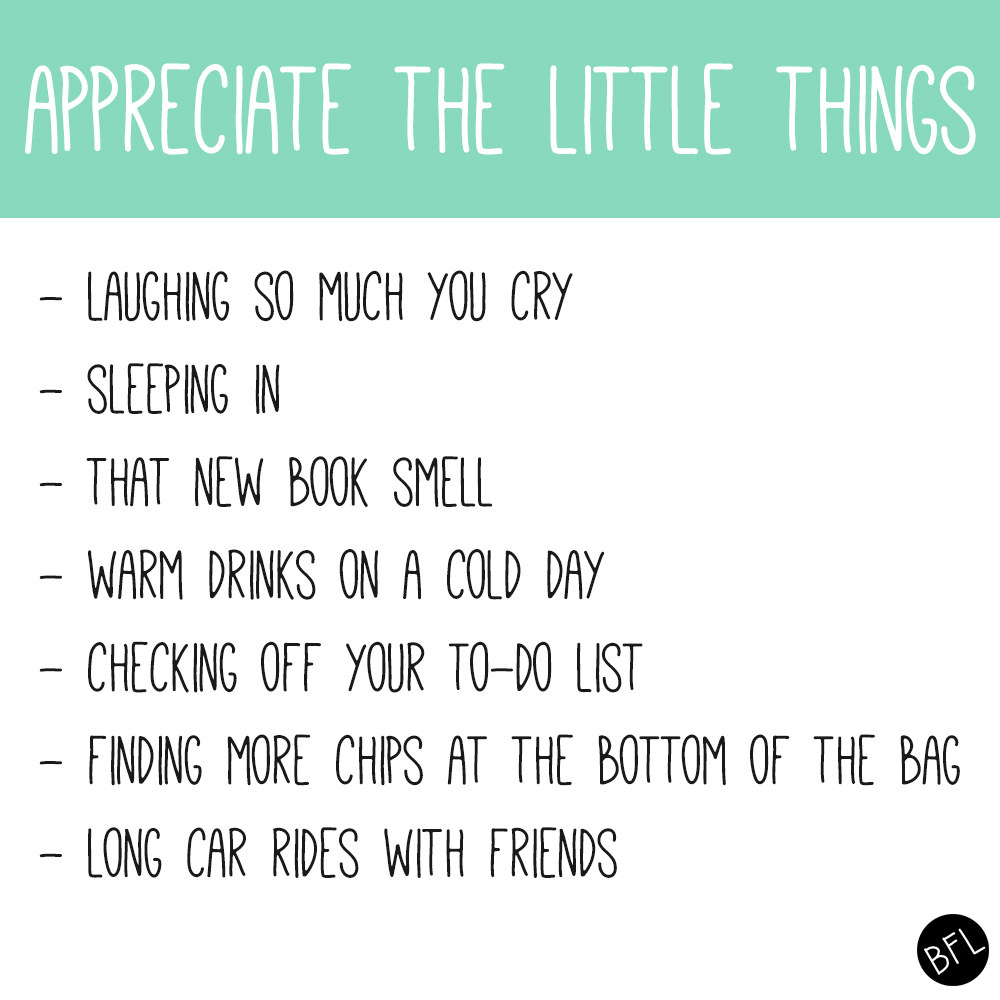Smart Ways to Get Out of a Rut in 2025
Understanding the Need for Overcoming a Rut
Have you ever felt stuck in a daily grind? Many individuals experience periods where motivation dwindles, passion fades, and life feels monotonous. Recognizing this feeling is the first step toward change. **Overcoming a rut** involves a shift not only in mindset but also in actionable strategies that can lead to improvement in your overall quality of life. By embracing techniques such as self-reflection and positivity, you can harness the power of your own mind and set the stage for *rediscovering passion* and enthusiasm in various areas of life.
Identifying Signs of a Rut
Some indicators that you’re in a rut include persistent feelings of boredom, reduced energy levels, and difficulty achieving goals. You might find it *challenging to engage in activities you once enjoyed* or feel an increasing sense of overwhelm. Recognizing these signs is crucial as it allows for targeted action. Keeping a simple journal can help track your emotions and thoughts, revealing patterns that contribute to feelings of stagnation. This practice is one of many effective **self-help strategies** aimed at *achieving personal growth* and clarity in one’s objectives.
Setting New Goals
Setting new targets can rejuvenate your motivation and provide clear direction. Consider implementing the *SMART criteria* – Specific, Measurable, Achievable, Relevant, and Time-bound – when outlining your goals. For instance, instead of setting a vague goal like “get in shape,” specify “exercise three times a week for 30 minutes” as this helps to cultivate *personal effectiveness* and holds you accountable. This **goal management** technique can torque your routine back to action-orientated behaviors and rebuilt vigor for growth.
Breaking a Routine
Sometimes, the most effective tactic to pull yourself from a rut is to *break the monotony* of your usual routine. Evaluate your current habits and consider making small adjustments. This may involve taking a different route to work, exploring a new hobby, or simply changing the time dedicated to various activities each week. Such adjustments can lead to *increased creativity* and might even connect you with new interests. Embracing change can lead to finding innovative solutions to *mastering challenges* and developing resilience.
Techniques to Cultivate a Positive Mindset
Having a **positive mindset** is essential when overcoming life’s hurdles. It allows individuals to cope with difficulties and encourages behaviors that foster growth. Integrating mindfulness exercises and relaxation techniques into your daily routine can improve your emotional resilience, reducing anxiety and stress. Techniques such as meditation or yoga can substantially help in achieving *mental clarity,* further aiding you in staying optimistic and focused on personal success.
Embracing Mindfulness
Mindfulness is a powerful tool that encourages individuals to remain present and engaged with their emotions. Engaging in mindfulness exercises, such as focusing on your breath or observing your thoughts without judgment, is vital for promoting emotional wellness. Regular mindfulness practice supports *self-discovery* and offers space for calm amidst chaos, serving as a foundation for advanced meet of self-care practices, and enhancing focus on achieving objectives.
Engaging in Positive Affirmations
Daily affirmations can shift negative self-talk, reinforcing a *growth mindset*. Tailor affirmations that resonate with your current feelings and aspiration. For example, repeating phrases like “I am capable of achieving my goals” or “I welcome new experiences” silences doubts and fosters resilience. This practice trains the mind to speak positively, ultimately aligning actions with commitments and boosting inherent motivation.
Practicing Self-Care
Utilizing *self-care practices* can play a significant role in breaking free from a rut. Make time for relaxation activities that recharge mental energies, such as reading, taking a bath, connecting with nature, or pursuing a new skill. Building these moments into your schedule fosters an **improving focus** and enhances life satisfaction, reminding you of your own worth and potential.
Finding Inspiration and New Experiences
Inspiration can often be the catalyst needed for **breaking a routine** and sparking creativity. Seeking diverse experiences can provide new perspectives and opportunities. Personal development becomes integral when engaging in learning opportunities, whether that means trying new activities, seeking mentorship, or even traveling to new places. Exploring the unfamiliar tends to ignite passion and creative flow in ways that predictability does not.
Connecting with Others
Building relationships is vital to both personal and professional growth. Networking for growth through workshops, social events, or interest groups can enhance your life experience. These connections can foster confidence and open doors to new opportunities, while also providing a sense of community that helps bolster your own journey towards overcoming challenges. Embrace collaborative environments where sharing ideas can inspire you and reinvigorate your creativity.
Exploring New Interests
Dedicate time to exploring new hobbies that ignite joy and satisfy curiosity. Whether diving into cooking classes, taking up dance, or volunteering, seeking new experiences is an essential **self-reflection** exercise that nurtures joy. Not only could this potential discovery invigorate your social life, but these activities can also foster personal success. Trying new things broadens horizons and embraces the concept of lifelong learning.
Creating a Vision Board
A vision board excels in outlining dreams and goals visually. In illustrating what you aspire to achieve, it enhances motivation and imbues you with the energy needed to take actionable steps. Gather images and phrases that represent your aspirations and arrange them thoughtfully. Place your board in a frequented space to attract daily inspiration and vividly remind you of what *achieving your goals* entails.
Key Takeaways
- Identifying signs of being in a rut is the first essential step to overcoming it.
- Adapting mindfulness and self-care practices enhances emotional well-being.
- Setting realistic and clear goals propels personal growth and commitment.
- Engaging in new experiences inspires creativity and makes life fulfilling.
- Building connections creates powerful networks that aid in motivation and stress relief.
FAQ
1. How can I quickly recognize that I’m in a rut?
Indicators of a rut often include feelings of stagnation, lack of enthusiasm about day-to-day activities, and daily tasks feeling burdensome. Keeping a daily journal can help in identifying where you may be feeling blocked or unfulfilled. The key is awareness; paying attention to emotional and behavioral patterns offers insight that can trigger transformation.
2. What practical steps can I take to boost my creativity when I’m feeling uninspired?
Engaging in creative exercises can significantly help boost inventive thinking. Everyday practices like brainstorming your ideas without judgment, changing your surroundings, or exploring art projects can open avenues for inspiration. Being willing to embrace imperfection during the creative process fosters a supportive environment for fresh ideas to flow.
3. How do I effectively set new goals without feeling overwhelmed?
Breaking down goals into manageable steps helps mitigate feelings of overwhelm. Start by detailing your ultimate goal and dividing it into specific, actionable milestones. Prioritize these milestones based on urgency and importance to maintain focus as you embark on your unique journey of personal development.
4. What role does self-care play in overcoming periods of stagnation?
Self-care is a crucial aspect of personal well-being. By incorporating regular self-care practices, such as exercise, relaxation techniques, or hobbies, you can replenish energy and motivation, creating a pathway for mindset shifts and valuable regeneration, thereby facilitating opportunities to bounce back effectively.
5. How can I maintain motivation once I start achieving my goals?
Celebrating small wins creates acknowledgment of progress and can be an effective motivational tool. Reflecting on your achievements, no matter how minor, reinforces positive behavior and can sustain your enthusiasm as you continue to set and conquer larger goals.


